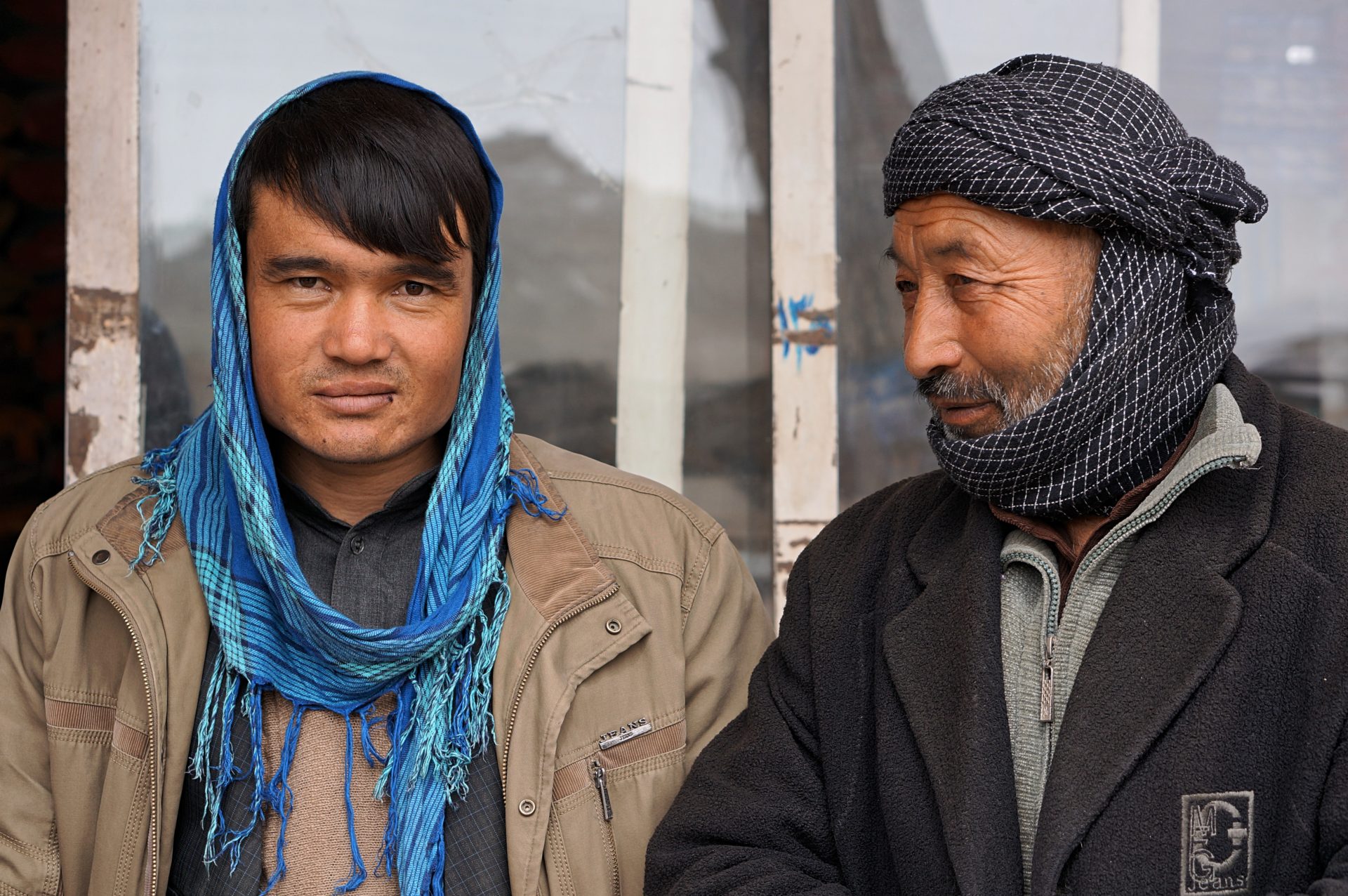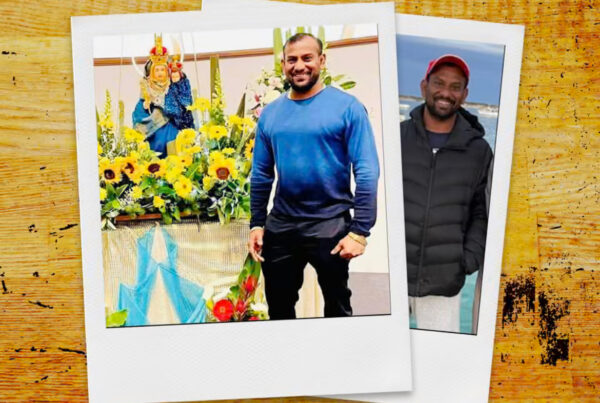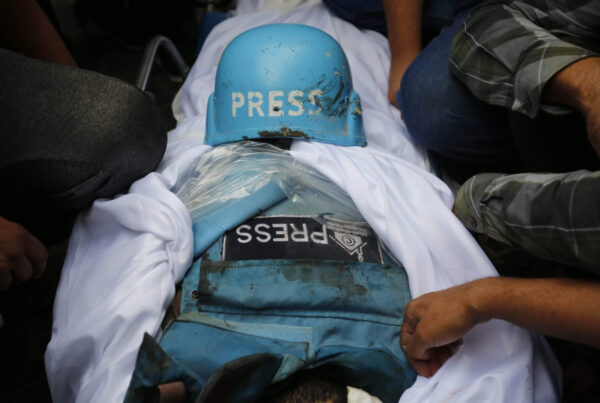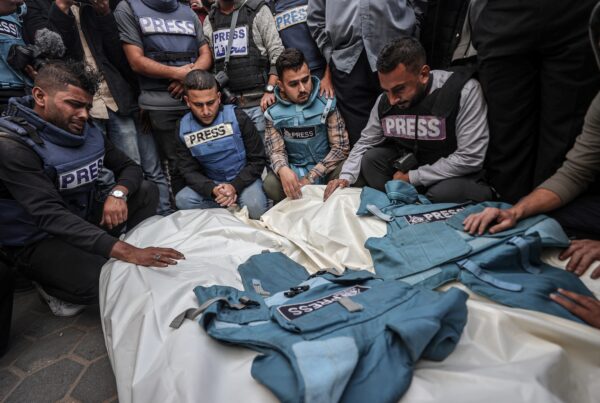Sameer had a broad and gentle face, clearly identifiable as an Afghan Hazara by his squashed nose and Mongolian appearance. He had a peaceful nature. Throughout his life he had questioned this philosophy, and debated the need to take up arms. Maybe this lack of aggression was why the Taliban found it so easy to vilify him in their homeland; maybe this was why he had been so easily forgotten behind these barbed-wire fences.
Instead of fighting his aggressors, time and time again he had chosen the path of peace: until now. After a lifetime of accepting oppression Sameer snapped. The fire roared around his feet and he lent his voice to the crescendo, letting out an agonising, soul-releasing cry full of pain, grief and liberty.
***
A clean-faced man sat across the desk from Sameer.
“When and why did you leave Afghanistan?” the agent asked him from behind a stack of papers.
Sameer cleared his throat. After months of detention on Christmas Island, he finally had the opportunity to plead his case. Sameer spoke in a soft and careful manner. His English was clean and dignified, mastered over years of practise. When he had learnt English in Pakistan, his friends and family had scorned him. They told him it was a waste of time. It had all been worth it for this moment.
“My father moved my family from Afghanistan in 1986. I was a young boy. The conflict between Russia and the Afghan clans was becoming more and more dangerous.”
The agent scribbled away at his pad, then sniffed and looked up at Sameer.
“So your family received no direct threats?”
Sameer’s quiet composure was disturbed by this question.
“I am unsure. I was five years old. But the country was a war zone. Afghanis were joining clans led by warlords who expected loyalty above all else, even blood. When brothers began killing brothers my father decided it was time to leave.”
The agent nodded and continued writing.
“Then where did you go?” he asked without looking up.
The memory of his father tucking him under a blanket, whispering assurances that they were going to a safer place momentarily entered Sameer’s thoughts.
“My father took our family across the border to Pakistan. I slept through the majority of the trip.”
“Which route did you take?” the agent asked.
Such questions, Sameer fretted.
“I don’t know.”
Scribble, scribble, scribble.
“Go on.” It was a command, not a request.
“The family settled in Pakistan. I lived in Quetta for twenty three years but the ancient racial and religious conflict against the Shia Hazaras persisted.”
He wasn’t going to give them an opportunity to question why he left Pakistan.
“The political climate was like the weather, fine one day, volatile the next. There were days when Hazaras would be taken off the street from the bus lines and never seen again. Others would be robbed at gun point.”
Sameer had lived a closeted life in Quetta. From home to work and from work to home: nothing more. He spent his adolescence treading the same path, over and over again, fearful of his faceless enemies.
“Were you or your family ever threatened?”
Sameer could feel indignation slowly building inside him. Was the agent trying to suggest that there was no need to leave Pakistan? No, he was trying to prove that there was no need to come to Australia. Sameer suppressed his anger.
“Our assailants never attacked out in the open. They would arrive with covered faces in the back of trucks and take away whomever they liked. No-one was ever threatened directly.”
“So after twenty three years of living in Pakistan with no direct threat towards you, what made you decide to leave?”
The agent’s voice had become an emotionless computer drone. Sameer’s thoughts drifted to Sabur, humble and determined Sabur.
“A friend of mine started his own grocery store selling bread, milk, eggs and the like. To ensure fresh milk, he had to travel to the farms to purchase it himself. Otherwise, he was likely to buy watered down produce. My friend often travelled between the farms and his shop, usually very late at night or very early in the morning. These were the worst times to travel when the roads were empty of people. One evening he was robbed of his purchases, his money, his identification and his rented motorbike. He had no choice but to hand it all over. Stay alive today and deal with the finances on the next day. It is a common thought for a Hazara man in Pakistan. They shot him dead anyway. I decided then that I had to find a country that treated all people equally no matter the colour of their skin, the God they believed in, or the region of their birth. That’s why I came here.”
Sameer felt drained. He put all his heart into those words, in a pathetic attempt to convey the depth of the emotional toll the journey had taken on him.
“Why didn’t you apply for asylum in the proper manner? Why take the illegal and dangerous route by boat?”
Sameer sighed. “How long would I have to wait for this visa process while my family and I were in danger?”
He realised it was pointless, the agent had his answer.
“Tell me about your family. You have a wife?”
“I have a wife and four girls.”
He had been engaged to Saabira at the tender age of nineteen. She was a Hazara girl who lived on his street.
“You must marry. We need to see grandchildren before we die,” his mother pressured him mercilessly.
“You are our only child, Sameer,” his father would join in.
They all knew that Sameer would not decide who he married. Despite this, his time with Saabira was the happiest of his life.
Saabira bore him four girls. Nabeeha, the eldest, was ten now. She should’ve been at school but after a series of targeted attacks on girls’ schools in their area, they decided it was too dangerous for her to attend. She spent her days at home at cleaning, her future ebbing away as she wiped the floors. .
Jamila and Janaan, the seven year old twins, fought like feral cats. They had never been to school and preferred it that way. They used to pretend to be boys by wearing hats and sneaking out of the house. If he hadn’t been so worried for them, he would’ve thought proudly of their audacity. Faheema, the youngest would be two now. He had left her a year ago as a baby. She would be walking and talking now.
The drone’s voice jerked him back to the present.
“If Pakistan was so dangerous, why did you leave them behind?”
There was a cold insinuation behind his even and clipped tone. Sameer could feel the tide pushing against him: they wanted to send him back.
“It is a dangerous path to come to Australia by boat. I would not want to risk my girls in this way. Even if I had wanted to take them back we could not afford it. We had only enough money for me to make the journey.”
The decision to leave his family had been soul-destroying. He sold his wife’s jewellery; he and his father manipulated rubber to make money; they became opportunist entrepreneurs and traded goods for a profit. What they couldn’t earn, they borrowed. When Sameer had enough money, he sought out people smugglers and commissioned them to take him to Australia. Over a year ago he had left his family behind and set out to find a paradise of liberty.
“Thank you.”
With a shuffle of papers the agent left.
***
Sameer arrived in Malaysia on a flight from Pakistan. People smugglers placed him in a closed house with no contact to the outside world. At every obstacle he was forced to watch his finances dwindle away as he paid bribe after bribe. One week later he was placed in the hold of a boat with fifteen other Afghani Hazaras. At the time, one week seemed an eternity.
The Hazaras scrunched up in the bow of the boat, head-to-toe, kept from daylight for two days before being allowed to move. The uncertainty of the journey was a constant ulcer in Sameer’s stomach; the fear of being caught tugged at his sanity. There was no joking or smiling; everyone just wanted to arrive. There was a small amount of food and water. When they were allowed onto the deck, the ocean stretched out before them vast and intimidating. The sun beat down on the unsuspecting men leaving many of them with burns.
It took sixteen days to reach land but even then they were not in Australia. From Indonesia they remained on the boat for seven more days. A storm came and battered the boat horizontal. Sameer was sure he wouldn’t make it. He held Ali Jan close and Ali Jan tried to stop his trembling.
“You’re like a leaf,” Sameer muttered.
“You’re like a handcuff,” Ali Jan muttered back.
They prayed to be rescued; they prayed that their boat wouldn’t sink. They were on the verge of disaster when the Australian navy finally rescued them. Masked soldiers rushed the boat, guns at the ready. When they asked if anyone spoke English, he remained silent. A boy put his hand up and became the official translator. From there they were taken to Christmas Island.
***
It was the second anniversary of his imprisonment in mandatory detention. After five weeks detention on Christmas Island he had been moved to Villawood. They came to him one day and asked him to pack his bags and be gone within the hour. He said a rushed goodbye to his roommate, Ali Jan, and left with his small collection of belongings. Sameer had arrived on the same boat as Ali Jan from Indonesia. He had held tightly on to Ali Jan’s wrist the whole way.
“If we go down, you’re my life vest,” Sameer had joked. He didn’t know how to swim. Sameer never saw Ali Jan again.
At first, Sameer had seen the move as a sign of good fortune. He was on the mainland now; any change was good change.
However, Villawood had provided him with no answers. He was still waiting for the agent’s decision on his ASIO security clearance. Without a response there was nothing he could appeal. He was outside of society’s consciousness, forgotten to the world.
This particular morning he woke up inexplicably agitated. He could barely contain the dormant frustration inside of him. He spent the day roaming the fringes of his enclosure, fingers running along barbed wire fences. The Tamil known as Superman asked him if he wanted to play a game of ping pong. Sameer was sick of ping pong. Two years of detention had melded into one endless game of ping pong. He especially didn’t want to play with Superman; not today.
Superman was named so because his eyes never stopped moving. They shook uncontrollably, an unnerving insight into his inner demons. He was one of those men in Villawood who had lost their mind: a combination of the torture he endured in Sri Lanka and the consequential trauma of years of indefinite imprisonment in Villawood.
Sameer found a spot by himself on the lawn and tried to meditate. Despite his pacifist tendencies, he sometimes found time during the night to hurt himself. His wrists bore the scars. There were days when the fences closed in all around him. So he meditated. Inner peace was his method of facing the daily monotony. If he could focus his mind and control his breathing, he could pass away hours in an aloof state.
Today there was a crackling tension in the air. Superman began racing around the grounds, and no-one could stop him. Bickering broke out at the kitchen between two Rohingya men. A storm was brewing and the mood within Villawood reflected it. Sameer’s mind wandered through the tragedies of his past. The dark clouds above transported him to the boat he had arrived on.
***
All hell broke loose when the guards began beating Superman. The Tamil had been particularly upset the whole day. The final straw was when he shirked the evening curfew and hid on the roof. Seven guards brought him down forcefully and Superman resisted with the fury of a caged lion. They beat him with their fists and kicked him in the head with their boots. His howls could be heard throughout the housing block and it stirred in Sameer a rage that had built up over a lifetime of suppression. The dam broke.
He rushed out of his room and banged on every door he passed shouting in every language he knew.
“Enough is enough.”
Heads poked out from half-opened doors trying to make sense of the commotion. Sameer continued his procession around the unit, banging and screaming a call to arms. Every detainee had heard Superman’s screams. Most wanted to avoid trouble, others were galvanized into action. After months upon months of inactivity, the detainees were in revolt. Each man was spurred on by the man at his shoulder. Their collective grievances combined into one need to act.
The rebellion caught the guards unawares. Those guards who were on duty had no idea how to handle a prison riot. They locked themselves behind thick security doors and watched on in fear as the detainees set fire to the buildings.
The fury that arose in Villawood that night was born from a group of men deciding that there was a limit to how much man could suffer before he retaliated. While in detention they were faced with two options: wait or commit suicide. Where before the detainees had turned their pain on themselves, this evening they were inflicting their anger on their captors. No more chewed light bulbs; no more cuttings; no more attempted suicides. No longer were they numbered inmates. They were restoring their value as men. They were fighting for the liberty of their souls.
For the first time in his life Sameer felt empowered with self-worth. Within thirty minutes the men were on the roofs and the whole of Villawood was burning. Distant memory and vivid reality merged into one as Sameer stood on the rooftop of the smoking housing unit in Villawood. He recalled the charred bodies and flaming huts of Afghan villages as he surveyed the smouldering ruins of the detention centre.
The flames that licked at his legs were cold compared to the warmth that filled him at the thought of Saabira and their engagement period. What would she think if she could see him now? Would his children ever see him again? Hot tears coursed silently down Sameer’s ash-covered face. Would they ever be able to understand the sacrifices he had made? Would they understand that he needed to go out with a fight?
This story is a fiction based upon Mark’s experiences working and volunteering with people inside Australia’s detention centre system. This article was first published by Right Now.



